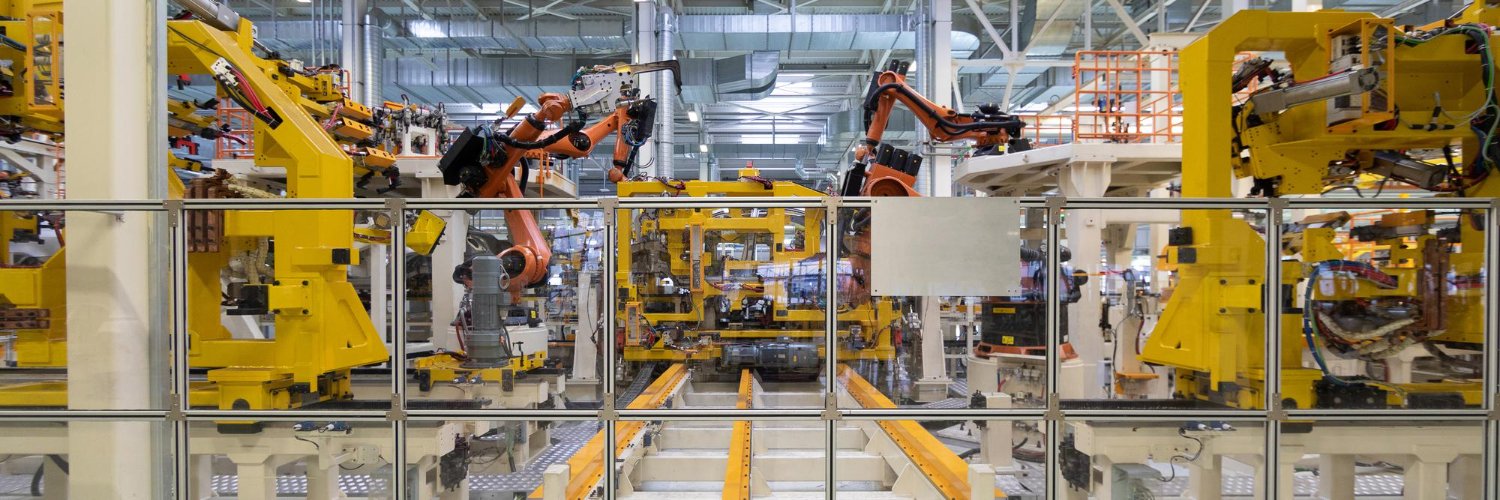
In the ever-evolving landscape of technology, Industrial Automation stands out as a transformative force reshaping the way industries operate. Gone are the days of manual labor-intensive processes; today, automation has become the cornerstone of efficiency, precision, and innovation across various sectors. This blog explores the significance, benefits, and future implications of Industrial Automation.
Understanding Industrial Automation:
Industrial Automation involves the use of advanced control systems, machinery, and technologies to automate industrial processes. It aims to minimize human intervention, enhance productivity, and ensure the seamless operation of complex systems. From manufacturing plants to energy facilities, automation has infiltrated diverse industries, bringing about unprecedented advancements.
Benefits of Industrial Automation:
Increased Efficiency:
1. Automation eliminates human errors, speeds up processes, and operates seamlessly 24/7. This results in increased overall efficiency, reduced downtime, and improved production output. Automated systems can handle repetitive tasks with precision, allowing human workers to focus on more complex and creative aspects of their roles.
2. Enhanced Precision and Quality:
Automation systems are designed to perform tasks with incredible precision, ensuring consistency and quality in the production process. This leads to a reduction in defects and an improvement in product quality, meeting and exceeding industry standards.
3. Cost Savings:
While the initial investment in automation technology can be significant, the long-term cost savings are substantial. Automated systems lead to lower labor costs, reduced waste, and increased energy efficiency. Over time, these factors contribute to a significant return on investment for businesses.
4. Improved Safety:
Dangerous and repetitive tasks can be assigned to automated systems, minimizing the risk of workplace accidents. Robots and machines equipped with sensors can operate in hazardous environments, enhancing overall workplace safety.
5. Real-time Monitoring and Analytics:
Industrial Automation enables real-time monitoring of processes and systems. This data can be leveraged for analytics, allowing businesses to make informed decisions, optimize processes, and predict potential issues before they escalate.

